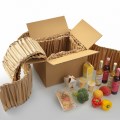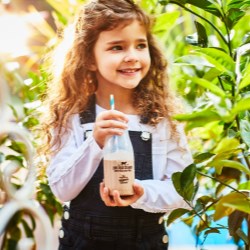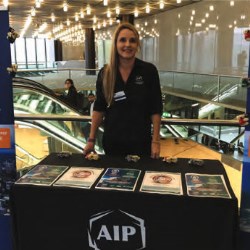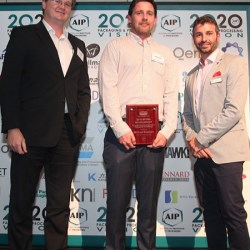If this is your company, CONTACT US to activate Packbase™ software to build your portal.
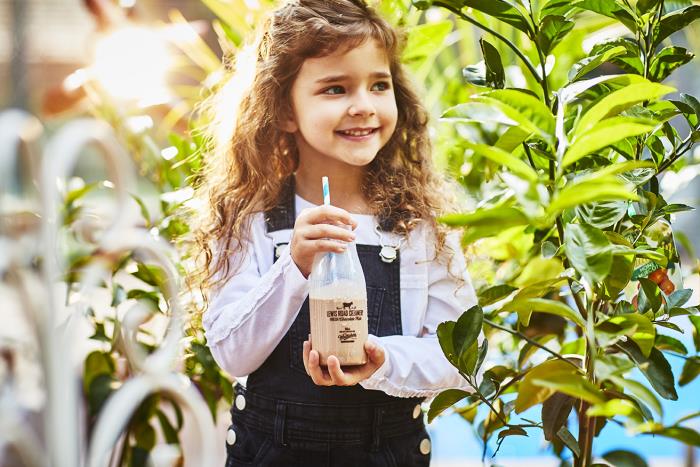

As a consumer you most probably would have read about the Waste Hierarchy and the 5R’s. From a consumer perspective they are:
1. Refuse: Don’t purchase unwanted items
2. Reduce: Eliminate single use packaging wherever possible e.g.: Decline coffee cups, shopping bags, straws and purchase products that are sustainable
3. Reuse: Use products more than once e.g.: Purchase re-usable water bottles, keep-a-cups, reusable and recyclable shopping bags.
4. Recycle: Ensure that you place your products in the recycling bins and purchase products that are recyclable. Look for products that are using the new Australasian Recycling Label (ARL) to better understand the true recyclability of the materials.
5. Repurpose: Purchase products that are made from recycled materials e.g.: Consciously purchase bags, shoes, furniture, jewellery that you know is made from recycled content.
Mindsets have shifted over the last few years and consumers globally are now actively driving brands and their packaging departments to align their Sustainable Packaging Design to incorporate the 5R’s and to redesign with environmental impacts in mind. Packaging Technologists are being asked to reconsider the outcomes of their packaging design all the way across the supply chain from manufacturing to recycling and considering a closed loop and more circular approach. Packaging design can no longer be linear.
When discussing the waste hierarchy from a packaging design perspective Reduce, Reuse and Recycle are the three most important areas for significant and long-term changes; as they are the preventative measures with the highest level of impact.
Achievable steps for packaging technologists can include redesigning the shape and size of a product, reducing thickness and weight of materials, shifting to recyclable materials and even developing a closed loop system for products. Any adaptations to the packaging design, structure and form however must not compromise the ultimate purpose of packaging which is maintain the ability to protect, preserve, contain, communicate and transport a product all the way to the consumer. Packaging must remain Fit-For-Purpose first and foremost before any structural changes are made to a pack. The AIP encourages all packaging teams to undertake a lifecycle assessment where possible before any pack is altered.
Consumers are also driving the focus to what is really happening with packaging at the end of life. Designers can no longer incorporate a mobius loop on pack without asking themselves whether it is actually being recycled or landfilled in the country it is sold in. The answer may then determine a full re-design of their packaging and use of materials. The availability of the APCO Packaging Recycling Evaluation Portal (PREP) enables this decision making for all Packaging Technologists and Designers, as it reflects the true state-of-play in the recyclability of all packaging materials in this country.
If the material is capable of being recycled in the country in which it is sold, then consumer waste and GHG emissions will be significantly reduced across the lifespan of the product. Adding 30% recycled content into all of your packaging also ensures that we are moving towards a circular economy and taking responsibility for our own packaging waste. These steps in turn all go towards achieving the 2025 National Packaging Targets that brands are diligently working towards.
An effective re-design feature of packaging that consumers are slowly embracing is Reuse whereby a customer can Refill their products using the same packaging. It is important to note that reusable containers have a greater environmental impact than one that is single use, if not used correctly.
Whenever possible Packaging Technologists should try and design packaging for continued use and the ability to have multiple uses for the consumer over an extended period of time. Just like a reusable drink container, the more that a refillable pack can be used over a longer period of time the less impact the packaging will have on the environment.
A recent example of an innovative Reuse, Refill and Recycle concept that has considered the product all the way through the Supply Chain is Cif ecorefill. Unilever just announced on their global website the launch of Cif ecorefill, the new at-home technology that allows consumers to refill and reuse their Cif spray bottles for life. Cif has worked to create a powerful no-mess solution, becoming the first household cleaning brand to do so with this pioneering twist and click refill design.
Made with 75% less plastic, Cif ecorefill simply attaches to the current Cif Power & Shine bottles. Through its innovative technology, it seamlessly releases the super-concentrated product into the bottle, which is filled with water at home. The ecorefills are 100% recyclable once the plastic sleeves are removed and, by the end of 2020, the ambition is for all Cif ecorefills and spray bottles to be made from 100% recycled plastic. Going smaller is certainly better – the ecorefills are lightweight and save on storage space. Diluting the product at home means 97% less water is being transported, fewer trucks on the road and less greenhouse gas emissions. (*www.unilever.com/news/pressreleases)
Every day more and more companies are announcing refillable packaging solutions including cosmetics and beauty, toiletries like shampoo and soaps, cleaning products and even beverages. The journey to truly sustainable packaging is exciting and we encourage packaging technologists to take this opportunity to reimagine their packaging and actively work to designing better packaging that addresses Reduce, Reuse, Refill and Recycle. The AIP is here to help guide you with expert-led internationally approved training and education programs and courses available across Australasia.
Nerida Kelton MAIP
Executive Director - Australian Institute of Packaging (AIP)
ANZ Board Member – World Packaging Organisation



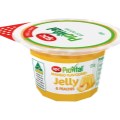
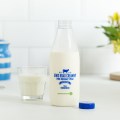
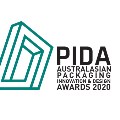
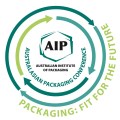
.jpg)






